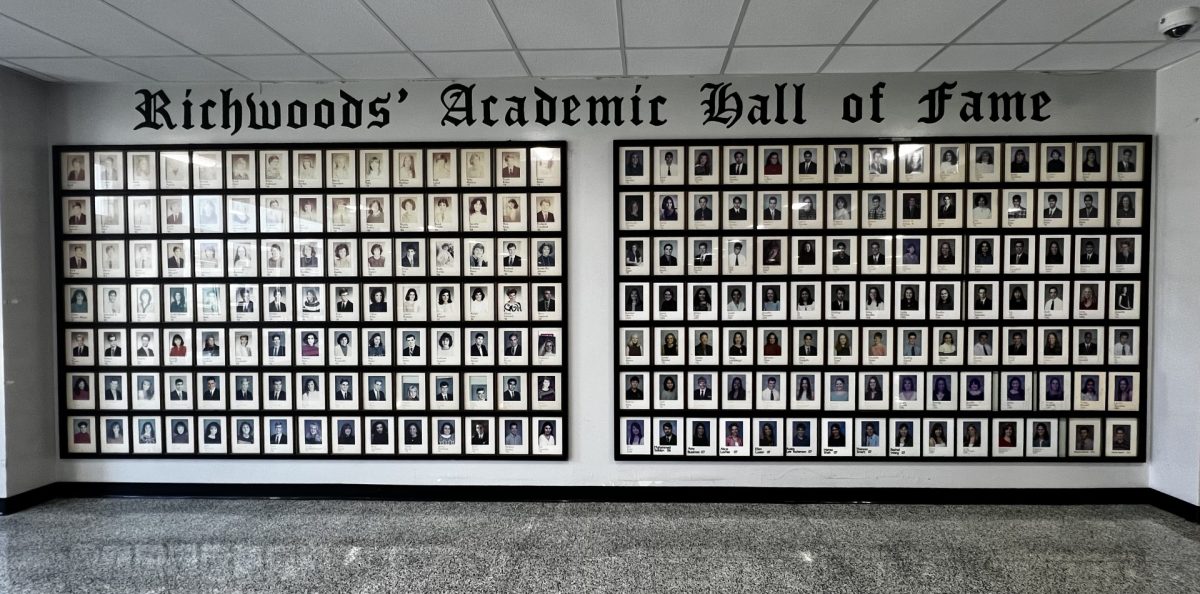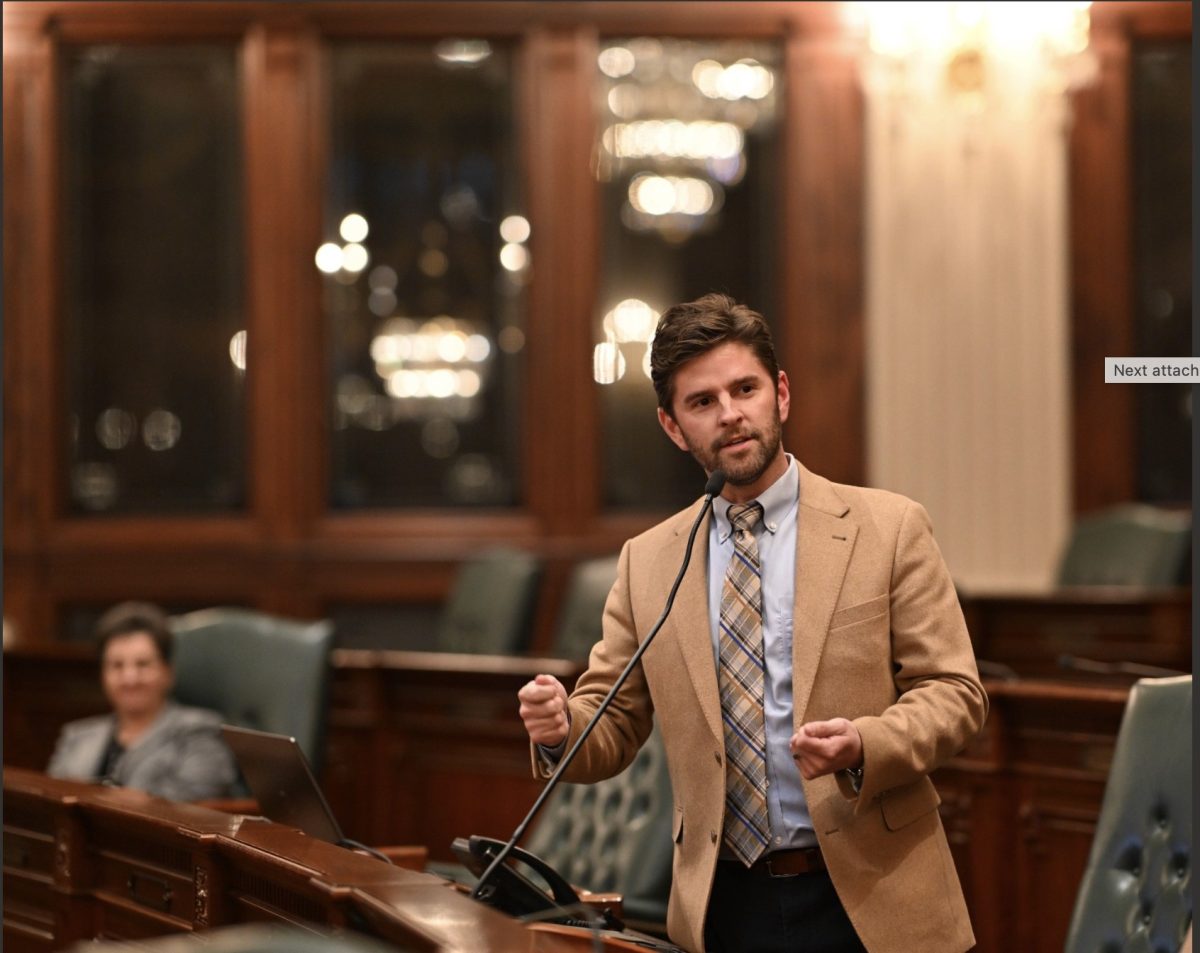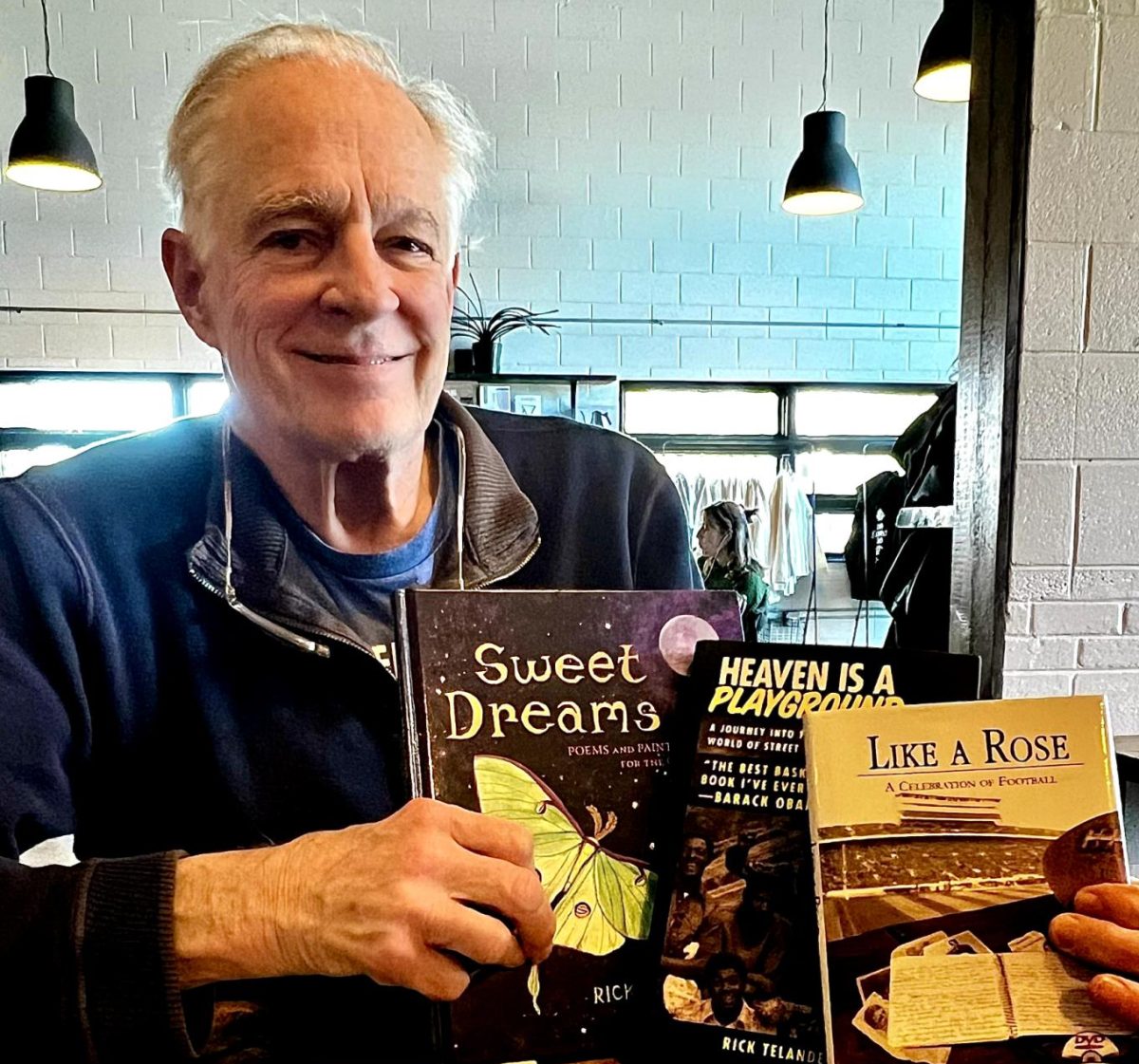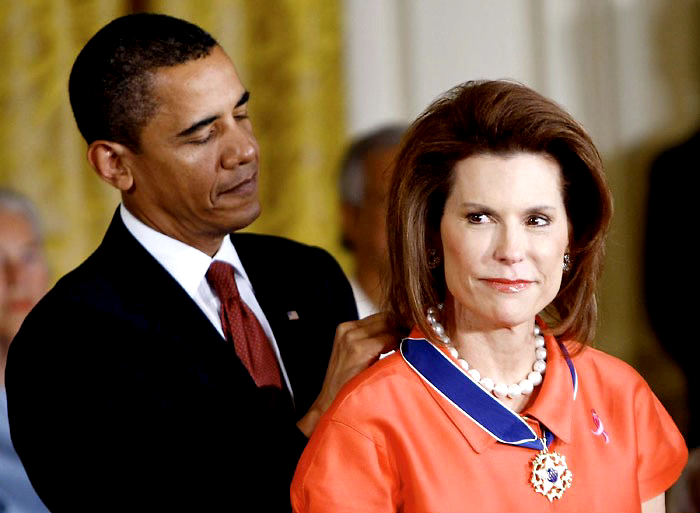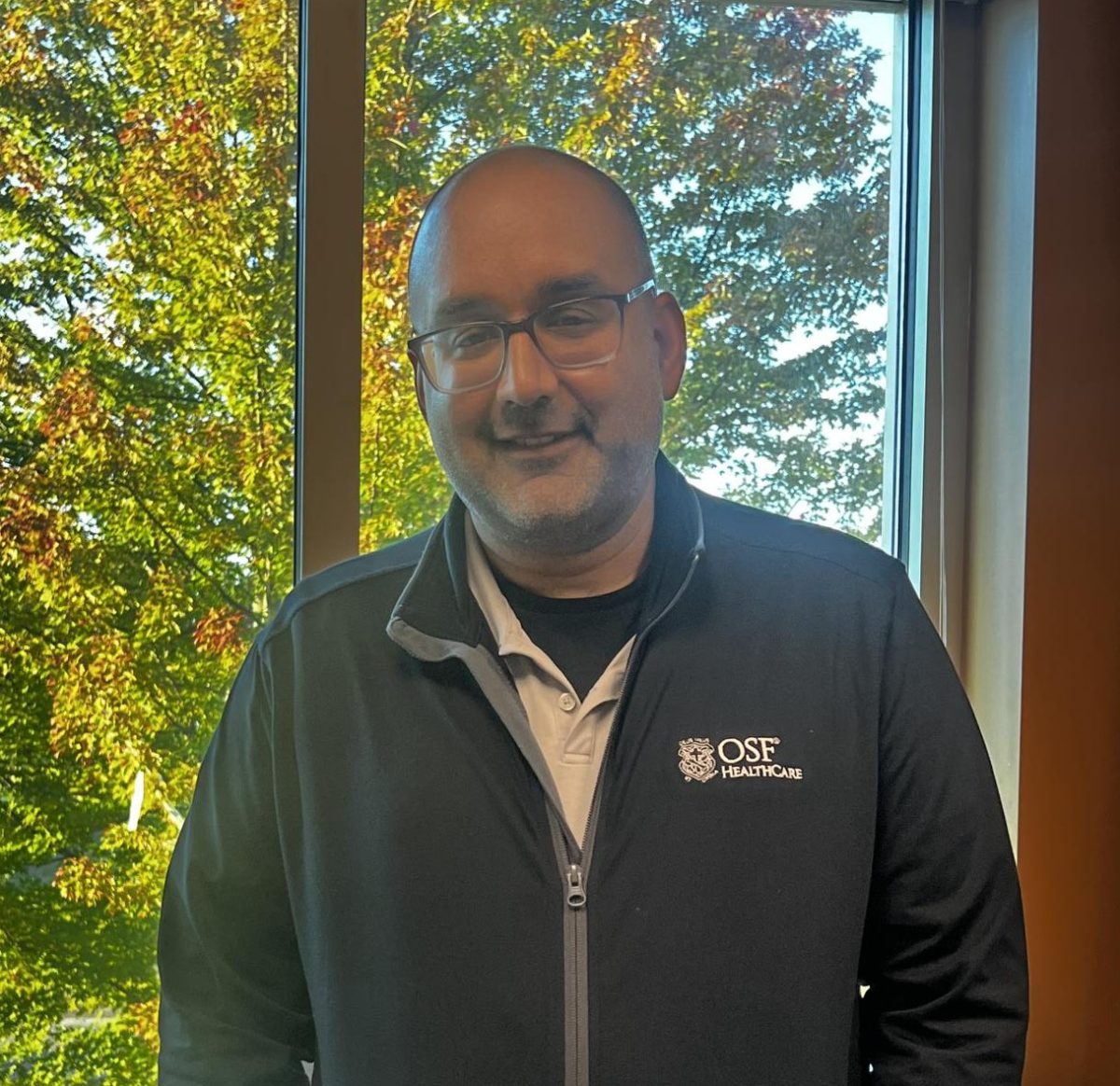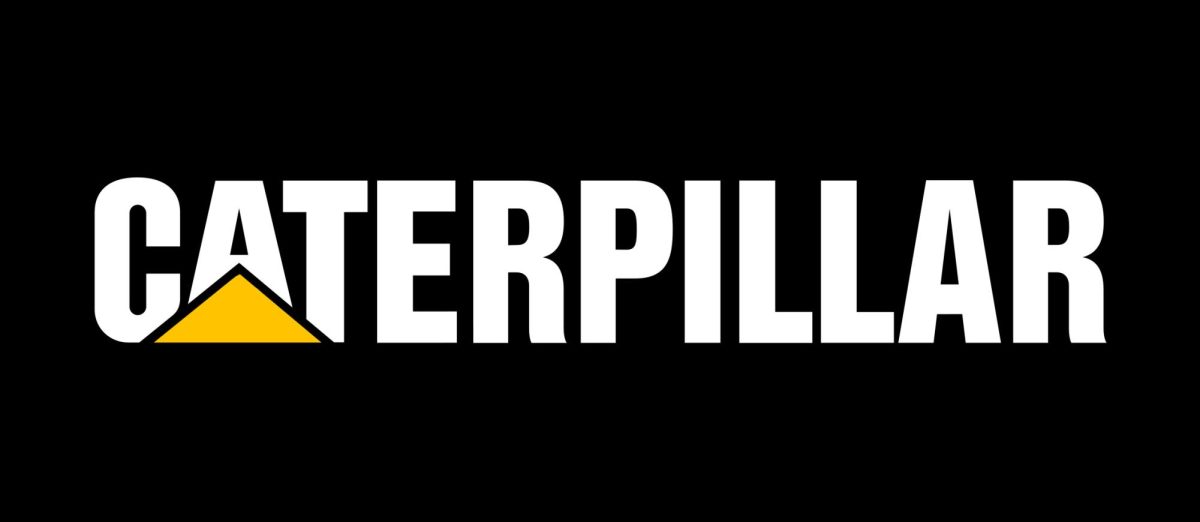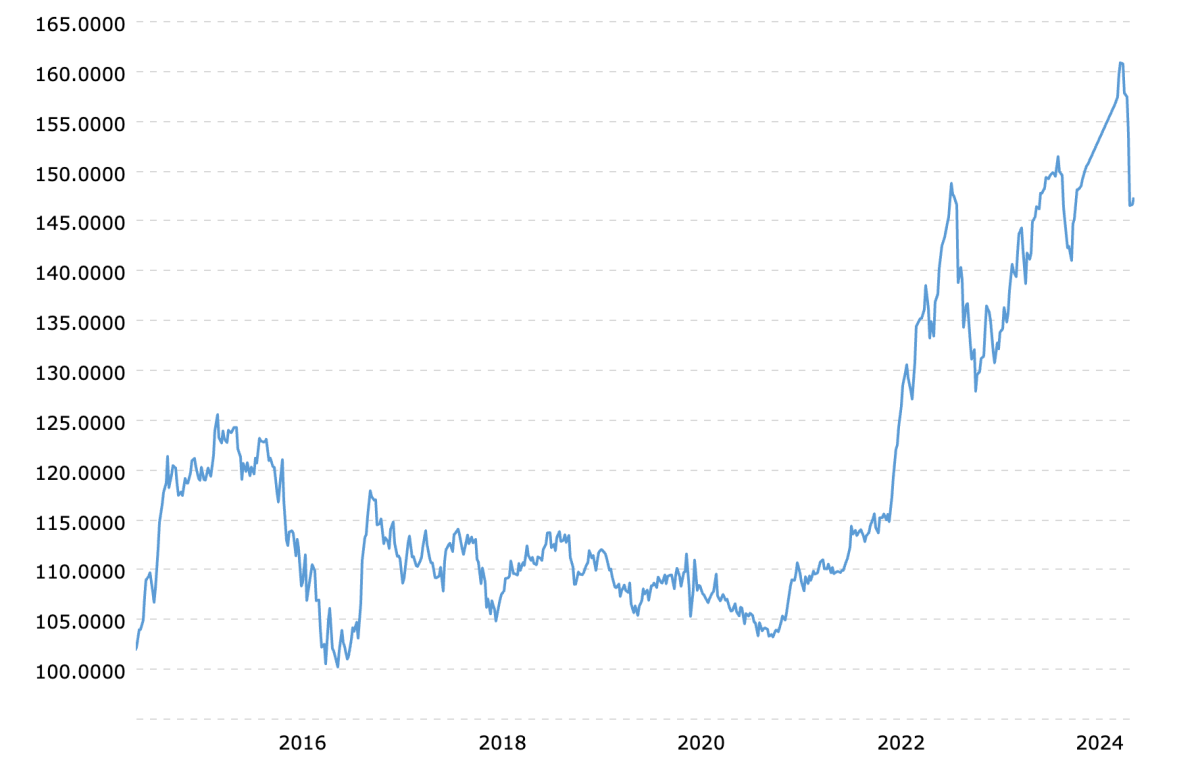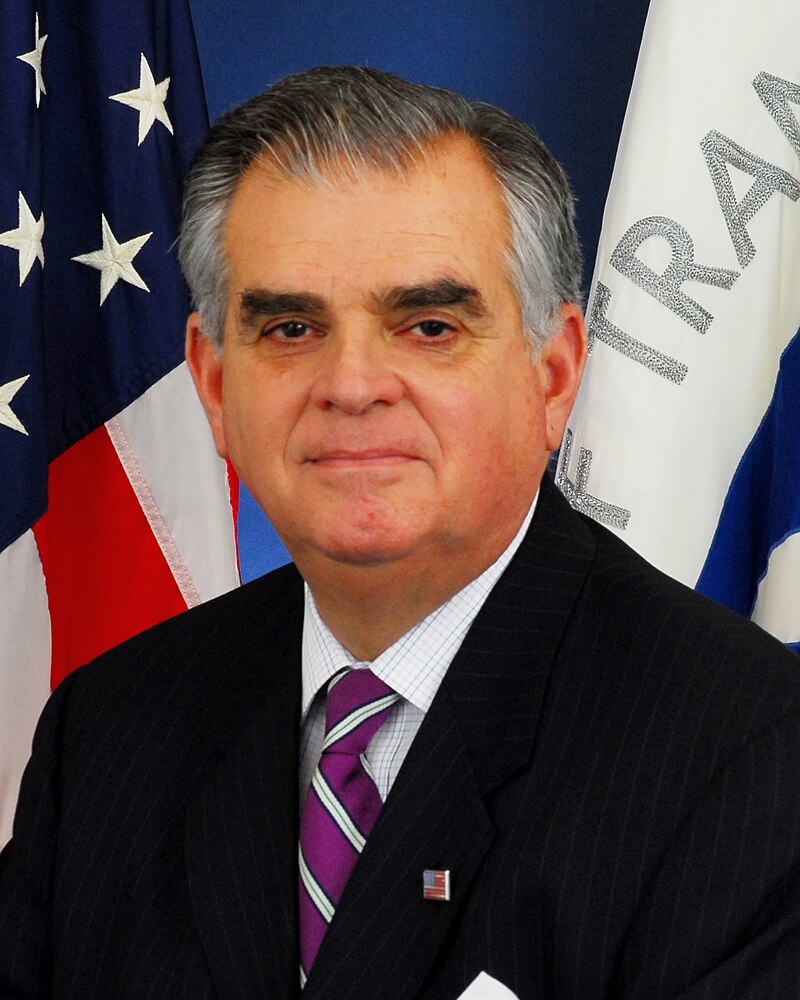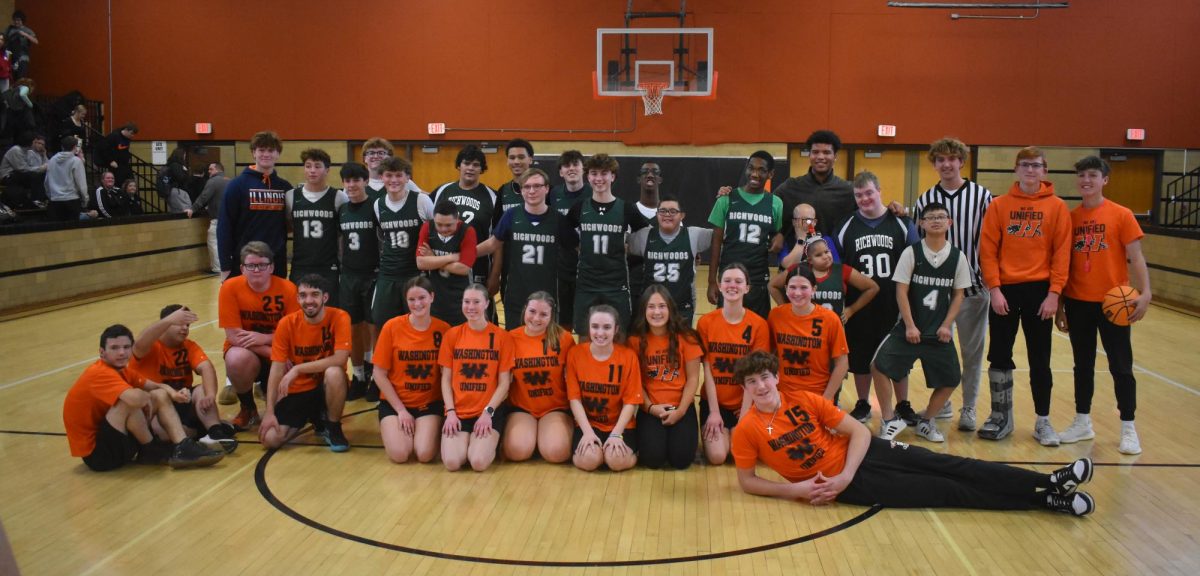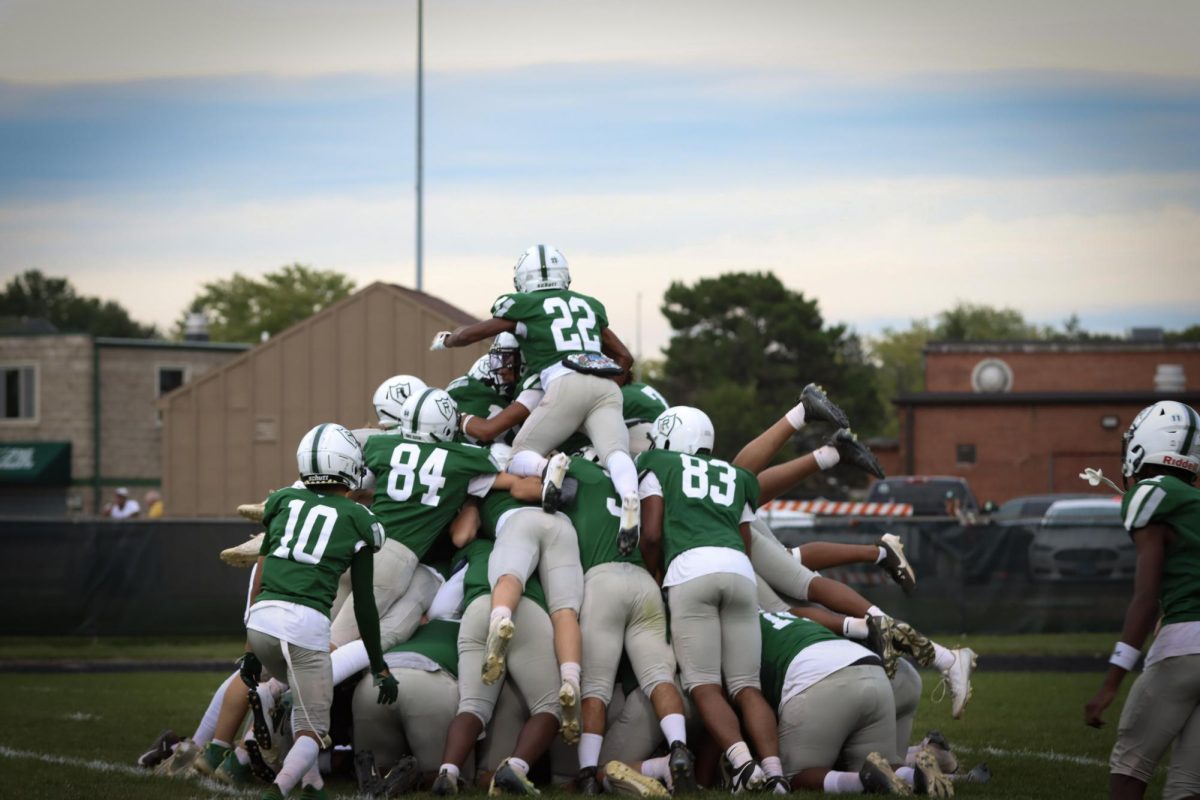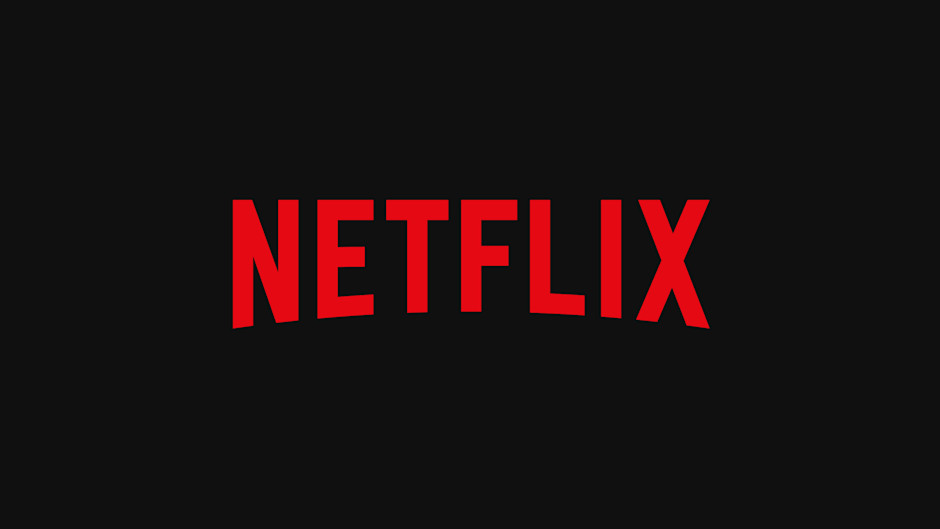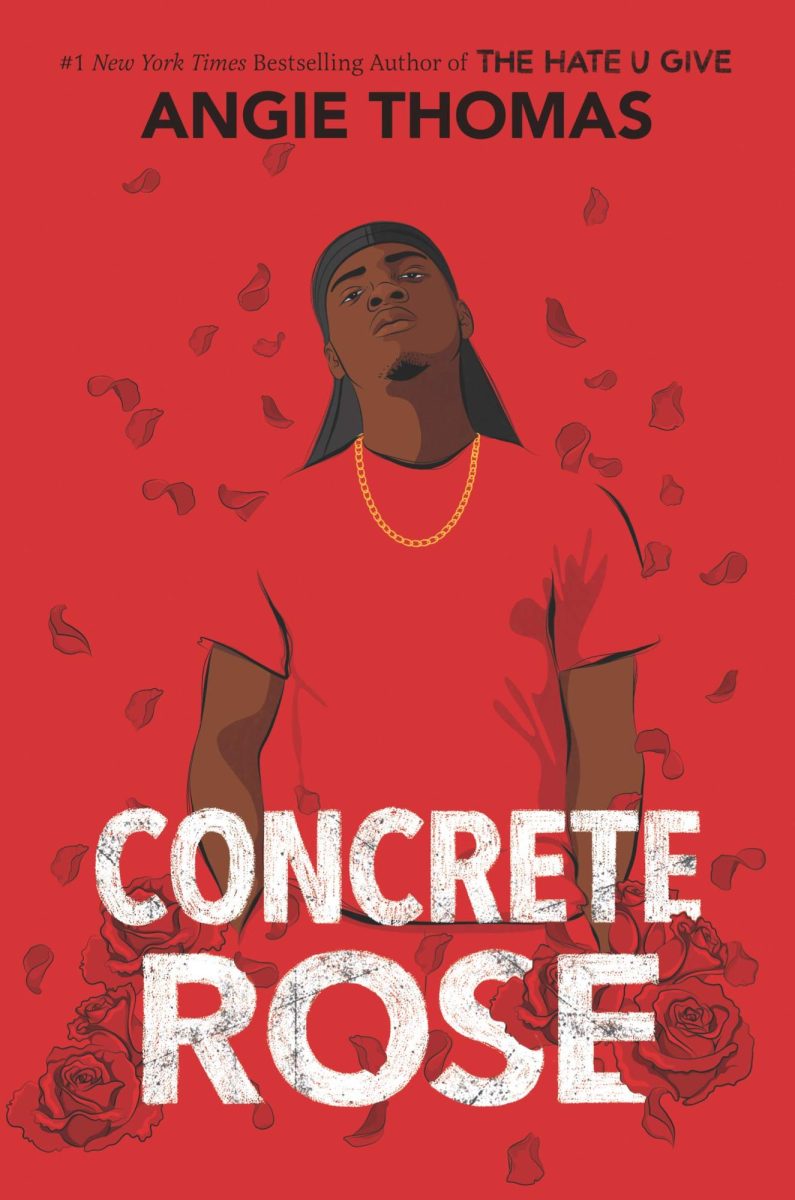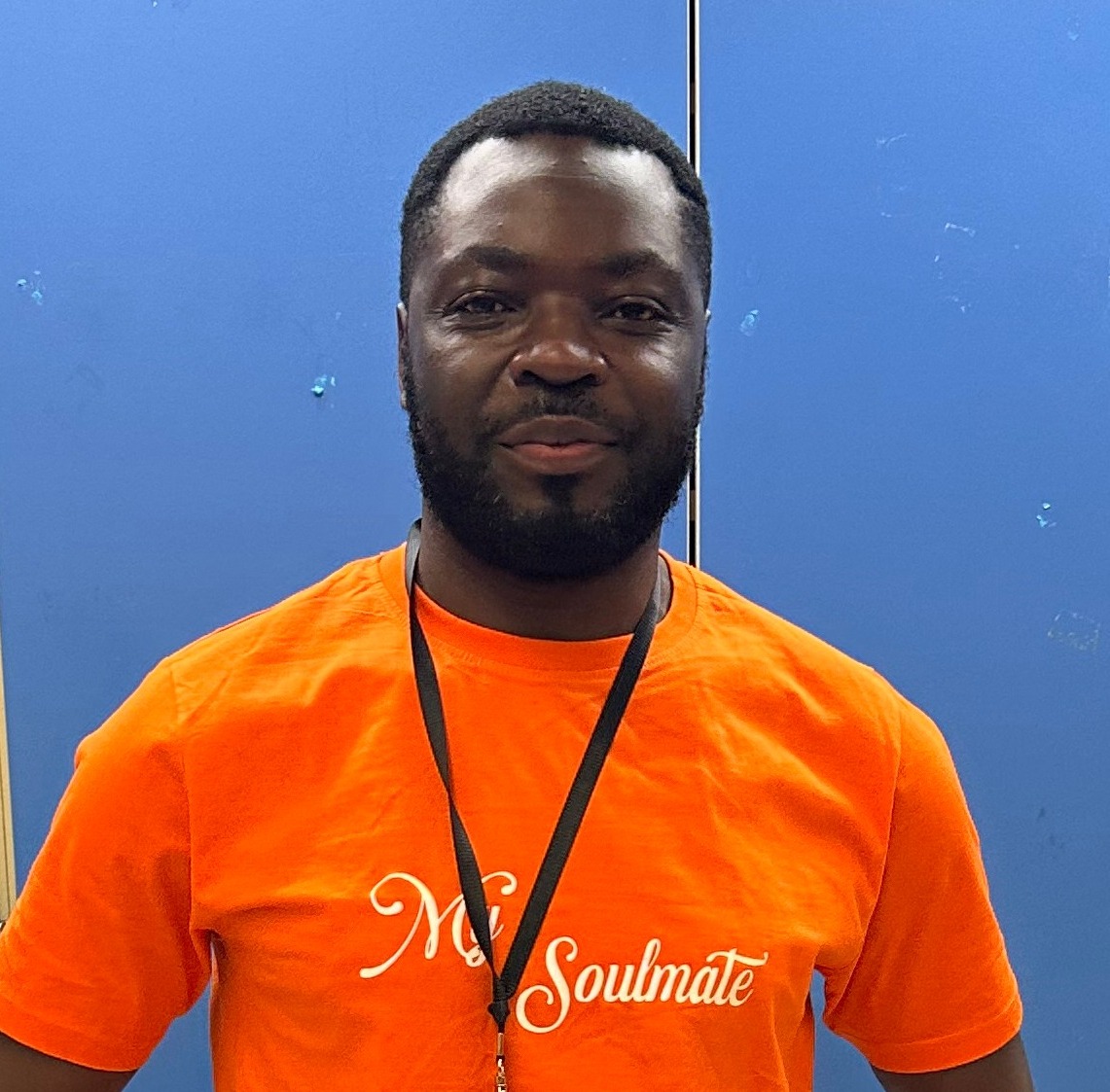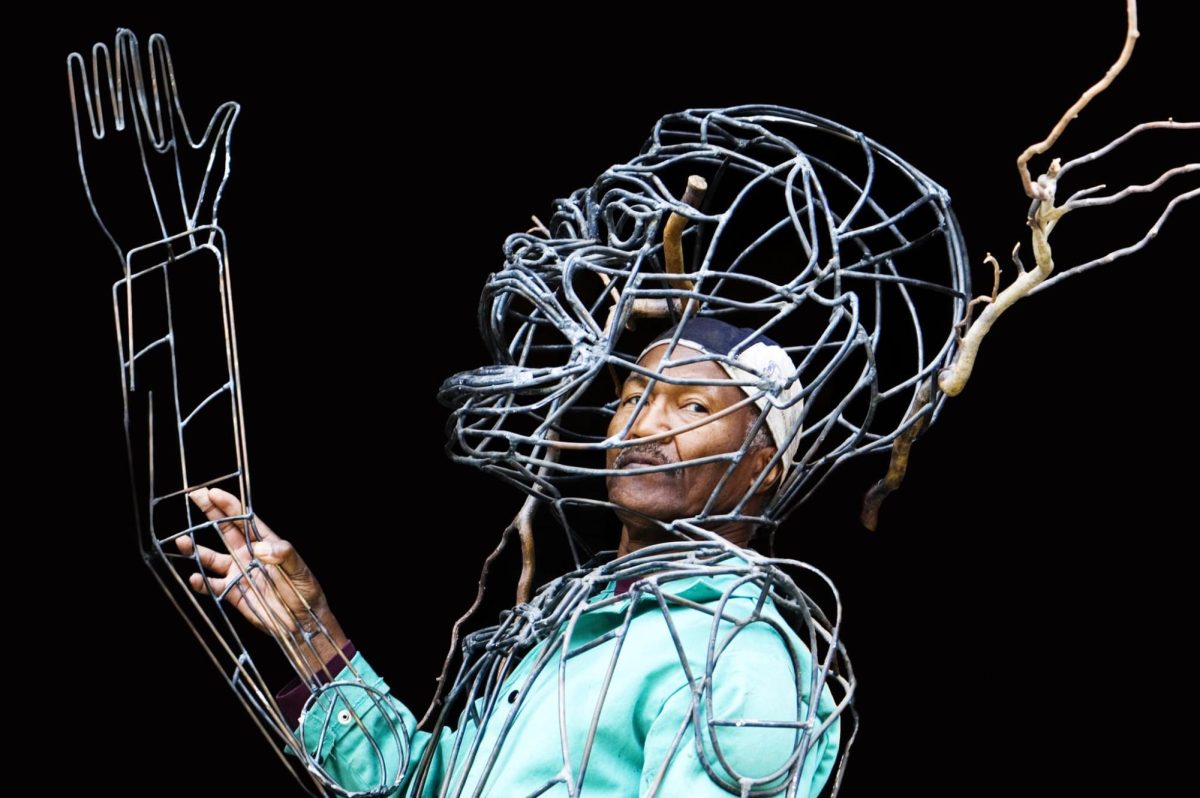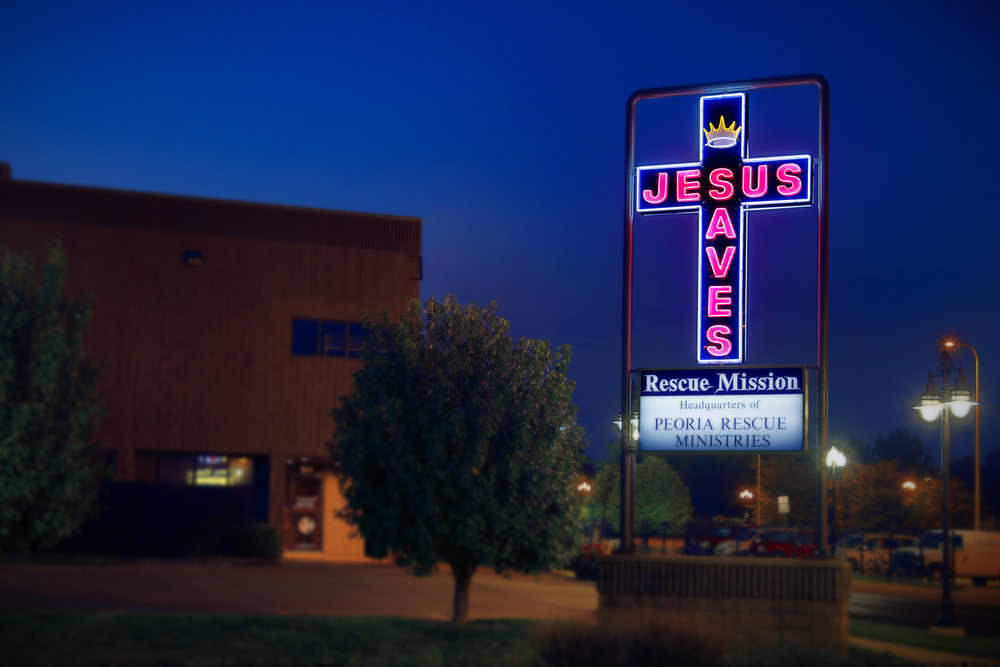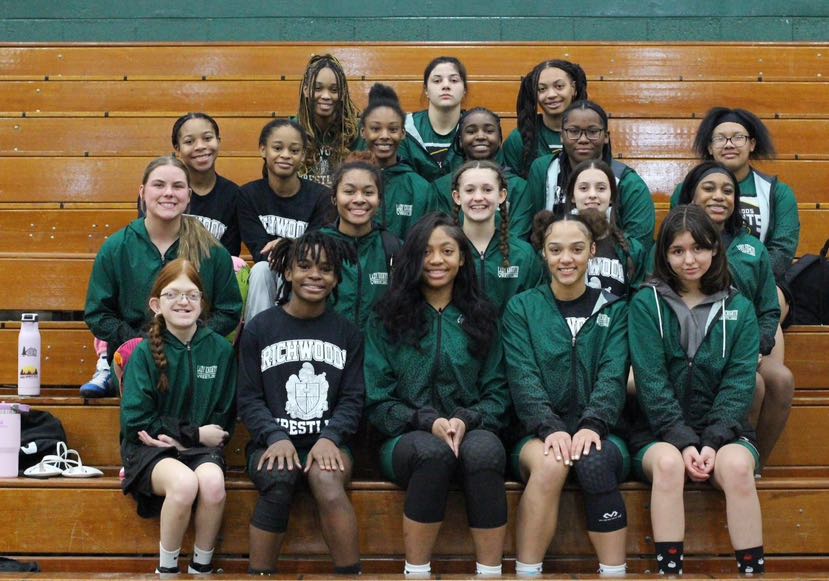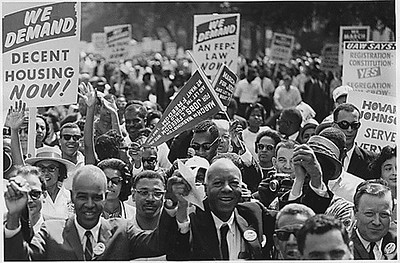On March 9th, there was a gun threat at a school. The school was not locked down, but the teacher simply shut the classroom door. The following day, a teacher explained that a student posted the gun threat online after overhearing a conversation between two students about a “gun.” It was later clarified that the students actually said, “honeybun.”
On September 17th, 2021, a breakout of fights occurred at a neighboring High School, resulting in multiple arrests (Renken). Students posted videos of the fights on Snapchat, going viral locally. Some days later, inspired by the fights posted online, small skirmishes erupted at other local schools. These two incidents show how social media spreads fear, anger, and violence in Peoria and the world. Social media, although effective at spreading information, has become a place where disinformation and misinformation ignite fear and spur violence. It has become an environment creating the unjust leaders of tomorrow. By understanding how social media companies misuse user information, how they are complicit in spreading harmful lies, and how bad actors can weaponize social media platforms, we can develop solutions to mitigate harmful effects on the truth.
Social media is in the business of “surveillance capitalism” (Zuboff), where companies collect and use consumers’ personal data to make money. Social media companies want to keep users scrolling and interacting with their platforms to earn more profit. To keep users engaged, they use the “friends of friends” algorithm, which recommends similar content in which the user has shown interest (Ressa 140). This aids the spread and amplification of false information, which can be explained by the “fake news phenomenon.” Fabricated news spreads exponentially farther than true news; studies show false news diffuses to between 1,000 and 100,000 people, while the truth rarely diffuses to more than 1,000 people (Vosoughi, Roy, Aral). False stories incite outraged emotions, and users, regardless of whether they believe the information, will likely share and reply to these negative stories.
These emotions culminate into online violence. The “media violence effect” explains how viewers witnessing online violence increases “the risk of violent behavior… just as growing up in an environment filled with real violence increases the risk of violent behavior” (Huesmann). The “Stop the Steal” disinformation campaign, primarily organized online by Trump supporters accusing Joe Biden of stealing the 2020 presidential election, utilized social media outlets to spread lies and called “true patriots” to action. On January 6th, 2021, a violent mob of rioters vandalized and attacked the U.S. Capitol to stop the certification of Biden’s Presidency. The calls for violence online led to violence offline, resulting in injuries to 138 officers and five deaths, demonstrating just how harmful the misuse of information can be (Kuznia, Devine, Black, Griffin).
Social media leadership is complicit in spreading violence by knowing their platforms’ harmful effects but not making a significant effort to stop them. Francis Haugen, a former Facebook data scientist turned whistleblower, stated that although Facebook publicized that it combats misinformation, in reality, “Facebook knew its algorithms and platforms promoted this type of harmful content, and it failed to deploy internally-recommended or lasting counter-measures” (Cleave).
Because social media companies choose profit over safeguarding their users, bad actors take advantage by weaponizing online platforms. Rodrigo Duterte won the 2016 Presidential election in the Philippines by spreading lies about his opponent and his violent war on drugs. Duterte weaponized Facebook using “networked disinformation,” a form of political marketing that “outsources their operations to advertising and PR strategists who pulled together a spectrum of content and distribution accounts, from digital influencers to community fake account operators” (Ressa 124). Young influencers joined Duterte’s campaign, sharing true crime stories with millions of followers and then writing fabricated comments falsely connecting the crime to drugs. As a result, over 12,000 Filipinos, mostly urban poor, were unjustifiably killed. Filipinos were duped into thinking the killings were justified because of the Philippines’ “state of lawlessness” (“Philippines’ ‘War on Drugs’”). War, violence, and genocide remain persistent in geopolitics because of a lawless, digital “wild west” that can be utilized by anything and anyone.
To mitigate the negative effect of social media, we must implement three solutions. First, we must mobilize K-12 social media literacy programs developed by the Illinois Media Literacy Coalition. Currently, Illinois law requires media literacy education for all high school students, but at Richwoods, media literacy is not part of the curriculum. We must call our local school districts to take action by joining the Coalition or using one of the many free social media literacy programs available (“Calling Bullshit, CommonSense.org”).
Second, international legislators must create laws to regulate “surveillance capitalism” by protecting users’ information. Iceland successfully demonstrates how a country can protect the privacy of its citizens by restricting how social media companies retain and sell their citizen’s information. Icelanders “overwhelmingly trusted national media, health professionals, and the government’s Covid website over social media for information about the COVID-19 pandemic.” (“Iceland: Freedom on The Net 2021 Country Report”)
Third, we must protect our traditional media outlets, make public interest media a priority, and encourage journalism to strive for a shared reality. Traditional news media are held accountable through ethical laws, while social media platforms have no restrictions or liabilities. There is a disturbing trend of Americans using social media as their primary news source, creating “news deserts” (Shelley) and lessening public knowledge of local news. We must create not-for-profit news mediums that prioritize the community they serve instead of potential advertisement revenue. Increased funding for these not-for-profit news mediums will help increase the number of local journalists (there are currently only 5 Peoria Journal Star reporters), promote viewership of local newspapers, and establish writing programs to encourage careers in journalism. (“American Journalism Project”).
The weaponization of facts by tyrannical rulers and people like you or me has led to what Maria Ressa, Nobel Peace Prize winner, calls “democracy’s death by a thousand cuts.” We must strive for a common truth. As Ressa states, “Without facts, you can’t have truth. Without truth, you can’t have trust. Without all three, we have no shared reality, and democracy as we know it–and all meaningful human endeavors– are dead.”
Works Cited
Calling bullshit: Data reasoning in a Digital World. . (n.d.). Retrieved March 22, 2023, from https://www.callingbullshit.org/
Cleave, K. V. (n.d.). Internal Facebook documents detail how misinformation spreads to users. CBS News. Retrieved March 22, 2023, from https://www.cbsnews.com/news/facebook-whistleblower-frances-haugen-documents-misinformation-spread/
Common sense. Common Sense. (n.d.). Retrieved March 22, 2023, from https://www.commonsense.org/
Huesmann, L. R. (2007, December). The impact of electronic media violence: Scientific theory and research. The Journal of adolescent health : official publication of the Society for Adolescent Medicine. Retrieved March 22, 2023, from https://www.ncbi.nlm.nih.gov/pmc/articles/PMC2704015/
Iceland: Freedom on the net 2021 country report. Freedom House. (n.d.). Retrieved March 22, 2023, from https://freedomhouse.org/country/iceland/freedom-net/2021
Kuznia, R., Devine, C., Black, N., & Griffin, D. (2020, November 14). Stop the Steal’s massive disinformation campaign connected to Roger Stone | CNN business. CNN. Retrieved March 22, 2023, from https://www.cnn.com/2020/11/13/business/stop-the-steal-disinformation-campaign-invs/index.html
Renken, L. (2021, September 20). ‘there will be consequences’: Fights at Peoria High Prompt outcry from leaders, arrests. Peoria Journal Star. Retrieved March 22, 2023, from https://www.pjstar.com/story/news/crime/2021/09/17/large-fight-boils-outside-peoria-high-school-ended-pepper-spray/8383138002/
Ressa, M. (2023). How To Stand Up To a Dictator. W H ALLEN.
Salman, J. (2023, January 5). One state is poised to teach media literacy starting in kindergarten . The Hechinger Report. Retrieved March 22, 2023, from https://hechingerreport.org/one-state-is-poised-to-teach-media-literacy-starting-in-kindergarten/
Shelley, T. (2022, September 21). As newspaper circulations plummet, does the not-for-profit model offer a solution to stave off print news deserts? WCBU Peoria. Retrieved March 22, 2023, from https://www.wcbu.org/local-news/2022-09-21/as-local-newspaper-circulations-plummet-does-the-not-for-profit-model-offer-a-solution-to-stave-off-print-news-deserts
Vosoughi, S., Aral, S., & Roy, D. (n.d.). The spread of true and false news online | science. Retrieved March 23, 2023, from https://www.science.org/doi/10.1126/science.aap9559
Zuboff, S. (2020). The age of surveillance capitalism: The fight for a human future at the New Frontier of Power. PublicAffairs.


